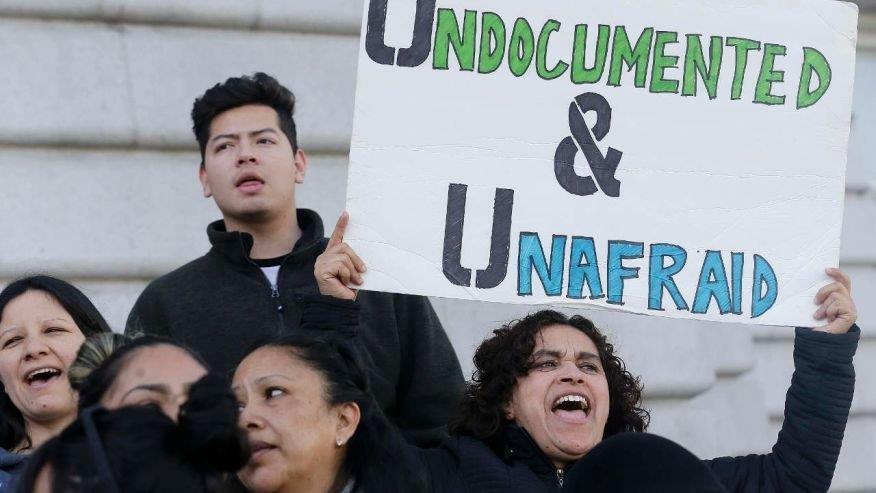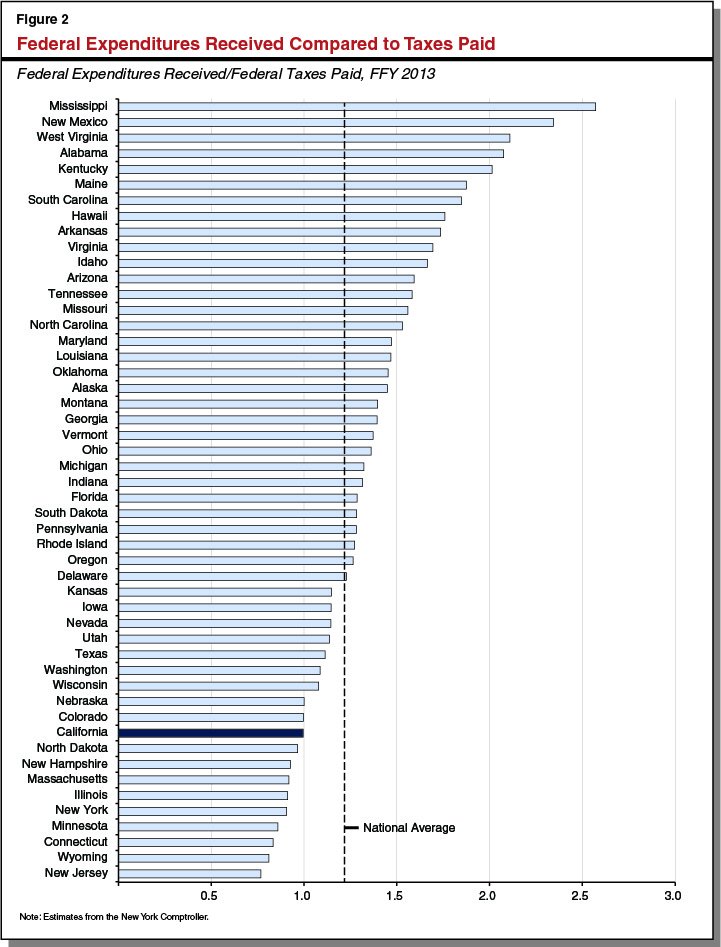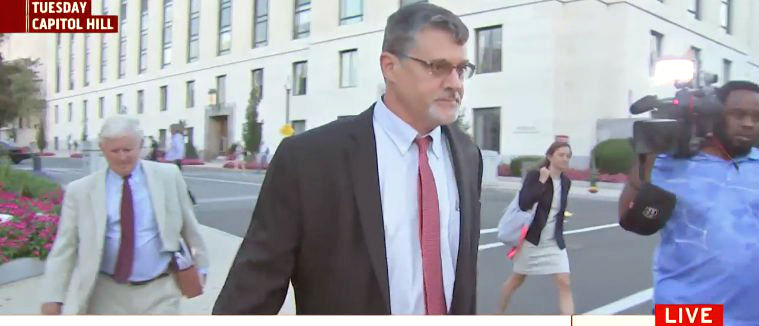If you think you can describe relationships and motivations globally and the connective tissue into Washington DC….you may need to think again.
This particular legal case decided yesterday has the makings of an HBO television documentary that includes past and present political power-brokers. We have Trump, Giuliani, Flynn, Obama, FBI, Justice, Iran, Turkey, lobbyists and even some violence.
What did the Obama administration know and why did they know it, then what?
Primer:
May 2017: MIAMI — President Donald Trump’s longtime Florida lobbyist, Brian Ballard, has expanded his practice globally and just signed a $1.5 million contract with the government of Turkey, which will be represented by the firm’s new big hire, former Florida Congressman Robert Wexler.
Ballard Partners’ Turkey contract, inked Friday, comes on the heels of two other international clients signed by the firm: A March 6 $900,000 contract with the Dominican Republic and an April 1 $240,000 contract with the Socialist Party of Albania, the ruling party in the Balkan nation. More here.
For a current list of clients for Ballard Partners, go here.
***
Just the facts and the case of GOLD below, while several are still at large.
Enter the good guys, outside of government who perform remarkable and respected investigative work.
The Biggest Sanctions-Evasion Scheme in Recent History
And the swashbuckling gold trader at its center
SchanzerYesterday, Turkish banker Mehmet Hakan Atilla was found guilty in a Manhattan courtroom for a range of financial crimes. His dramatic trial revealed that tens of billions in dollars and gold moved from Turkey to Iran through a complex network of businesses, banks, and front companies. The trial was a long time coming. In late October of 2016, Justice Department officials paid a visit to the Foundation for Defense of Democracies, the Washington-based think tank where I serve as senior vice president. They wanted to talk about Reza Zarrab. A dual Iranian-Turkish national, Zarrab was the swashbuckling gold trader who had helped Iran evade sanctions with the help of Turkish banks in 2013 and 2014, yielding Iran an estimated $13 billion at the height of the efforts to thwart Tehran’s nuclear ambitions. A leaked report by prosecutors in Istanbul in March 2014 suggested that Zarrab spearheaded a second sanctions-busting scheme involving fake invoices for billions more in fictitious humanitarian shipments to Iran that were processed through Turkish banks.
At FDD, we’d spent considerable time digging into Zarrab’s activities. Our think tank already had an established track record of identifying and exposing Iran’s malign activities. We had also just launched a new program to explore Turkey’s recent drift into Islamist authoritarianism. The more we investigated, the more we realized that Zarrab’s schemes, which could have helped Iran pocket more than $100 billion, rank among the largest sanctions evasion episode in modern history.Despite the headlines generated by the gold trade and leaked report, the Turkish government insisted that everything was above board. The Obama administration seemed to echo this sentiment, saying that the gold trade had slipped through a legal loophole (a loophole the White House inexplicably left open for an additional six months, even after the problem was flagged). We soon learned Ankara’s political motivations: The gold trade helped boost Turkey’s flagging export numbers at a moment when those numbers might have hurt President Recep Tayyip Erdogan’s chances for reelection. Zarrab, who became fabulously wealthy by taking a percentage from every transaction (he later estimated his take at $150 million), even received a reward for his efforts from a Turkish trade association in 2015, with Erdogan applauding from the audience. But it all came to an abrupt halt last March, when Zarrab inexplicably brought his family to America for a vacation at Disney World. With the 2015 nuclear deal in effect, he may have believed that the sanctions laws he violated before the deal were no longer in force. Some suggest that Zarrab was trying to flee Iranian justice, particularly as the regime came to grasp just how much he skimmed off the top. Either way, when he arrived in Florida, U.S. authorities arrested him for engaging in conspiracies to violate sanctions, commit bank fraud, and launder money.
It was about time. For three years, my colleagues and I had been briefing the Treasury Department, the State Department, and Congressional offices. We had tracked the export data (which, remarkably, Turkey did not hide), showing an astronomical spike in Turkish gold exports. We identified the companies and players, with the help of the 2014 prosecutor’s report. It was painstaking work, but it was all out there in open sources for a think tank like ours to document.Yet, it was an inconvenient moment to reveal unsavory truths about Iran, amid the push for the nuclear agreement. Nor did anyone, Democrat or Republican, want to touch the third rail of relations with Turkey, a NATO ally that had recently begun backing terrorist groups like Hamas (which still maintains a disturbing presence in Turkey) and a range of Sunni jihadi groups fighting the Assad regime in Syria (including al-Qaeda’s affiliate, according to senior U.S. government officials we interviewed). Stable allies in the Muslim world were scarce, and decision-makers seemed reluctant to take any chances with Ankara. It may also have been difficult for officials to hear that the sanctions tools we have in place to prevent bad actors from moving money are just that—tools. Without intense vigilance and enforcement, there is ample opportunity for Iran and other sanctioned countries to find workarounds. But if we’re going to follow the money, we’d better be prepared to follow it to the most inconvenient places.
That’s why it was a pleasant surprise when the Justice Department came knocking on FDD’s door. It had never dawned on us that they might be interested in our work. But they were. They wanted to see what we already knew of the complex web of companies, networks, and schemes, that Zarrab employed to move money out of Turkey and into Iran. After all, even with the vast evidence they had collected, our research predated their investigation.In the weeks and months that followed, one visit begat another. Both I and Mark Dubowitz, FDD’s CEO, were asked by the assistant U.S. attorney to serve as an expert witness for the prosecution. We pored over invoices tracking the transactions that turned gold into Iranian cash. We analyzed spreadsheets detailing the dizzying trail of sales and purchases designed to obfuscate the illicit nature of the transactions. There were also photos, including one of Zarrab himself standing next to a six-foot high tower of plastic-wrapped bricks of $100 bills. The documents were privileged at the time, but will soon be made public now that the trial is over. The documents are damning, with textbook examples of money-laundering techniques like over-invoicing (charging significantly more for a given product to yield more margin) and circular invoicing (making multiple transactions involving the same funds or goods to hide a money trail or even benefit from arbitrage). The figures themselves were astounding: hundreds of millions of dollars in transactions in every stack of papers we viewed. The case took a wild turn on March 28, when, Justice Department officials from the Southern District of New York arrested Atilla, the deputy CEO and general manager at Turkey’s state-owned Halkbank. They accused him of conspiring with Zarrab to launder hundreds of millions of dollars through the U.S. financial system on behalf of Iran. It was Halkbank that held one of the oil escrow accounts for Iran. The escrow accounts constituted a creative method of withholding petrodollars from Iran, as mandated by the Iran Threat Reduction and Syria Human Rights Act (ITRA) of 2012. In brazen defiance of U.S. sanctions, Halkbank released those funds to buy gold, which was then shipped off to Iran. Halkbank was also accused of helping to process Zarrab’s aforementioned fictitious invoices, the ones first exposed in the 2014 prosecutor’s report. Uranium or gold
Halkbank was clearly in trouble. In September, it hired Ballard Partners, a U.S. lobbying firm that already represented the Turkish government, for a whopping $1.5 million. Separately, Zarrab hired former New York Mayor Rudy Giuliani and former Attorney General Michael Mukasey in an attempt to derail the proceedings. But the real drama came in late November when Zarrab pled out, making him a witness for the prosecution. Atilla would stand trial alone.
Related reading: Iran’s Turkish gold rush
That’s when the Turkish government got angry. They took their anger out on me and Mark Dubowitz, who testified on the first day of Atilla trial about the Iran sanctions architecture. The state media called us terrorists, alleging we were affiliated with Turkish cleric Fethullah Gulen’s network, the group Erdogan blamed for the attempted coup in July of last year. Ankara also issued an arrest warrant for my colleague Aykan Erdemir, a former Turkish parliamentarian. Turkish authorities froze his assets and even seized the apartment that his grandfather had bequeathed to the family. They said he “destroyed paperwork relating to state security” and “stole documents with the intention of using them abroad.” They also falsely identified him as being on the witness list. But Ankara could not stop Zarrab from delivering seven days of sensational testimony. On day one, he appeared in court wearing a beige prison jumpsuit; for the remainder, he was allowed to wear a blazer. He was a natural in front of the jury, using diagrams to coolly explain how he orchestrated the scheme. He looked like a business school professor teaching a class on corruption.Here’s what Zarrab testified: The scheme began in 2010, when Iran began to feel the squeeze from U.S. sanctions for its nuclear drive. Zarrab said that around 2012 the Iranian government gave him explicit directions to conduct these illegal transactions. Turkish officials were also on the take, Zarrab said, with its economy minister allegedly taking $50 million in bribes to help facilitate the scheme. He said other Turkish officials were on the take, too—many of whom were in Erdogan’s inner circle. According to Zarrab, other Turkish banks may have been involved at the government’s behest. All this might explain why the Turkish government, even after the prosecutor’s report was leaked in 2014, killed all inquiry into the Zarrab scheme. Testimony from David Cohen and Adam Szubin, two former Treasury Department undersecretaries would also reveal that Halkbank officials repeatedly reassured them their gold-trader clients, including Zarrab, were in compliance with U.S. sanctions against Iran. (Zarrab testified that he continued his operations up until his arrest in March 2016, which meant that Halkbank would have been lying to U.S. officials.)
In the end, the trial ran long. With the judge calling for the prosecution to wrap things up quickly, I managed to avoid taking the stand. Atilla testified in a last-ditch self-defense, and the jury began its deliberations on December 20.Yesterday, after spending 11 days away for Christmas and New Years, the jury returned to deliberate again, and after only a few hours delivered their verdict: guilty on five out of six counts. Atilla’s rap sheep now includes four conspiracy counts, including conspiracy to defraud the United States, plus one count of bank fraud. (He was acquitted for money laundering.) All eyes are now on the United States government and whether it issues a fine against Halkbank, particularly now that it has proven in a court of law that the bank engaged in a massive, illegal financial scheme. French Bank BNP Paribas was fined $8.9 billion for far lesser transgressions in 2015, for its violations of sanctions against Sudan, Cuba, and Iran.
Fine or no fine, it’s hard to envision tranquil U.S.-Turkish relations going forward. Erdogan, who now rivals Russia’s Vladimir Putin in autocratic style, has already instructed his spokesman to decry the trial as a “plot” against Turkey, while slamming “the scandalous verdict of a scandalous case.”
Then there is the question of Iran. In all likelihood, Tehran probably gave little thought to the Atilla verdict, given its ongoing domestic turmoil. The people are calling for better economic conditions, and a foreign policy that doesn’t squander Iran’s wealth on adventurism outside the country’s borders. One can only guess that would include complex sanctions busting schemes to enable an illicit nuclear program.
And now that Zarrab has finally clarified a few things about the Iranian role in his scheme, one troubling question lingers: Why did the U.S. government continue to negotiate the nuclear deal with Iran in 2013 and 2014 while Treasury was warning Halkbank about enormous sanctions violations? We may never know. Then again, from the documents I viewed, I wouldn’t be surprised to see other sanctions busters come in the DOJ crosshairs—creating new and uncomfortable challenges for our existing alliances and diplomatic agreements. Perhaps other future indictments will tell us more.







 Arab bank, New York
Arab bank, New York